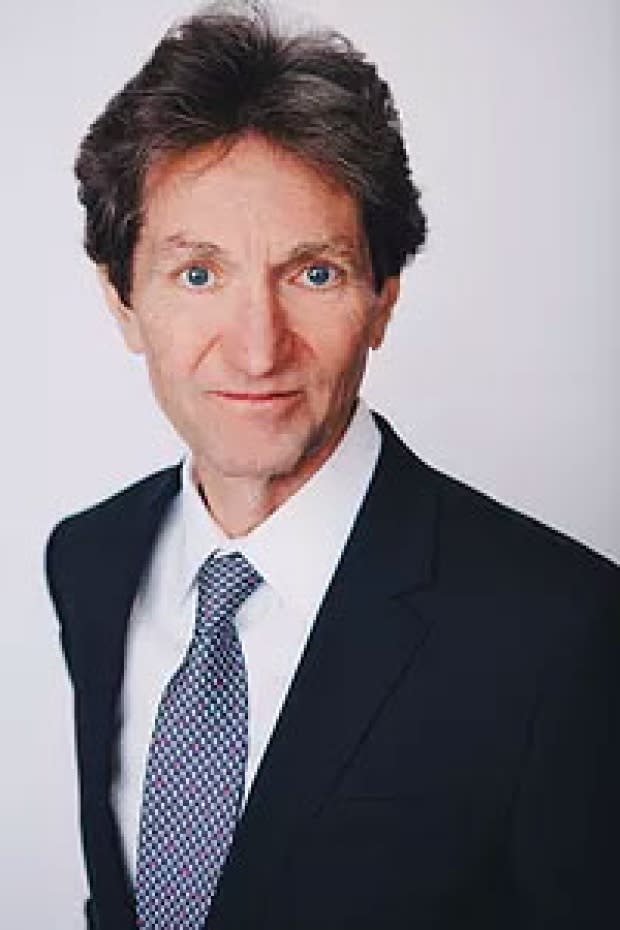Can Wilson-Raybould claim solicitor-client privilege over SNC-Lavalin?
This story has been rewritten from a previous version based on new information. Please see correction note at the end.
Former justice minister Jody Wilson-Raybould can practice law, after all, by virtue of an honorary membership in the Law Society of Ontario.
While her name does not appear in the society's public database initially consulted by CBC News, law society spokeswoman Susan Tonkin confirmed late Thursday afternoon that Wilson-Raybould was called to the Ontario bar in June 2016 under a special clause reserved for those who have served as justice minister, attorney general or solicitor general of Canada.
However, Tonkin refused to say whether the honorary membership means Wilson-Raybould benefits from the solicitor-client privilege accorded regular members of the bar.
"As the regulator of Ontario's legal professions, the Law Society doesn't interpret the law."
The honorary membership came six months after Wilson-Raybould let her membership in British Columbia's law society lapse, and seven months after she was sworn in as federal justice minister. That means there was a period of six months in 2016 when she wouldn't have formally been allowed to practice law.
Her successor, David Lametti, is listed as a member of the Quebec and Ontario bars.
Wilson-Raybould's office has not responded to questions from CBC News about her law society status.
Wilson-Raybould has been at the centre of a political maelstrom in recent days — citing solicitor-client privilege in her refusal to comment on reports that she was pressured by Prime Minister Justin Trudeau's office to tell prosecutors to negotiate a deferred prosecution agreement (DPA) with Quebec-based construction giant SNC-Lavalin.
Under a DPA or remediation agreement, a company can settle criminal charges by agreeing to take certain actions, such as paying a fine or changing its practices.
If convicted, SNC-Lavalin could be barred from competing for federal government contracts for up to a decade.
Wilson-Raybould has hired retired Supreme Court justice Thomas Cromwell to advise her on what she can disclose. Opposition critics have called for the government to waive solicitor-client privilege in her case.
The controversy has shone a spotlight on the concept of solicitor-client privilege and exposed a wide range of expert opinions on the circumstances in which it would apply — particularly in the case of an attorney general.
One expert says even a non-lawyer can be bound by solicitor-client privilege if they're serving as an attorney-general — with the government itself as a client.
Andrew Flavelle Martin, assistant professor at the Peter Allard School of Law at the University of British Columbia, said a non-lawyer attorney general is the one person who can provide legal advice without being a member of a law society.
While most people named attorney general at the federal or provincial level have been practicing lawyers, it's not a requirement and there have been non-lawyer AGs in the past.
"So she's right to say that solicitor-client privilege prevents her from talking because she was providing legal advice," Martin said.
The question of whether conversations between Wilson-Raybould and the government are covered by solicitor-client privilege may not boil down to whether she is a member of a law society.
Gavin MacKenzie, author of Lawyers and Ethics: Professional Responsibility and Discipline, said the question of solicitor-client privilege in Wilson-Raybould's case hinges on what role she was playing at the time.
Advising the government on a legal question — such as whether a proposed measure is constitutional — would be covered by solicitor-client privilege, said MacKenzie. That wouldn't be the case, he said, with decisions that have to be made by attorneys general themselves, such as whether to continue a prosecution.
"Generally speaking, conversations with others in government about those decisions aren't subject to solicitor-client privilege, whether she is a member of the law society or not. Those are functions of the attorney general that are separate."
Kent Roach, a law professor at the University of Toronto, said the advice an attorney general offers the government is usually the result of the work of many lawyers.
"Even if you assume that the attorney general was not herself acting as a lawyer, I think in most cases there's going to be senior officials in the room whose advice the attorney general is relying upon," he said. "And so it would seem to me that in those situations you probably would still have attorney-client privilege.
"It has not, to my knowledge, been authoritatively resolved."
Elizabeth Thompson can be reached at elizabeth.thompson@cbc.ca




